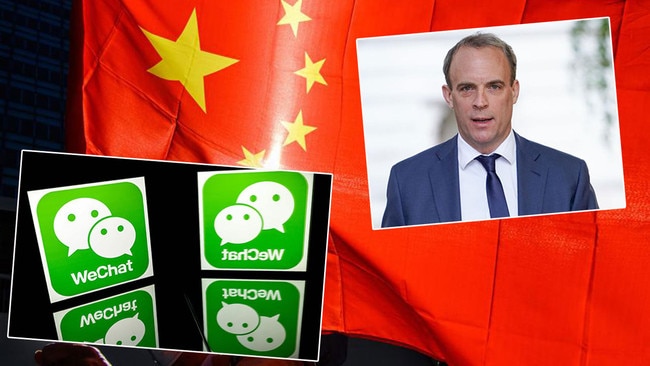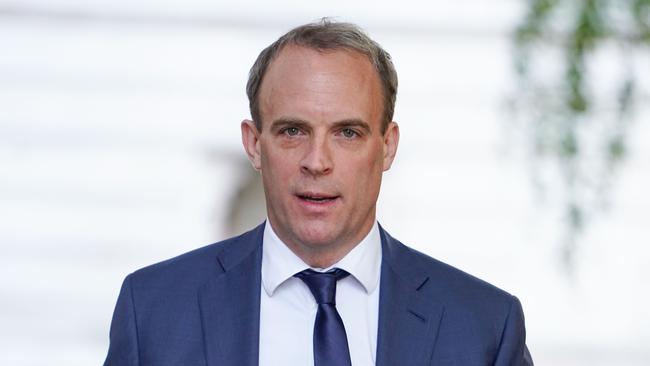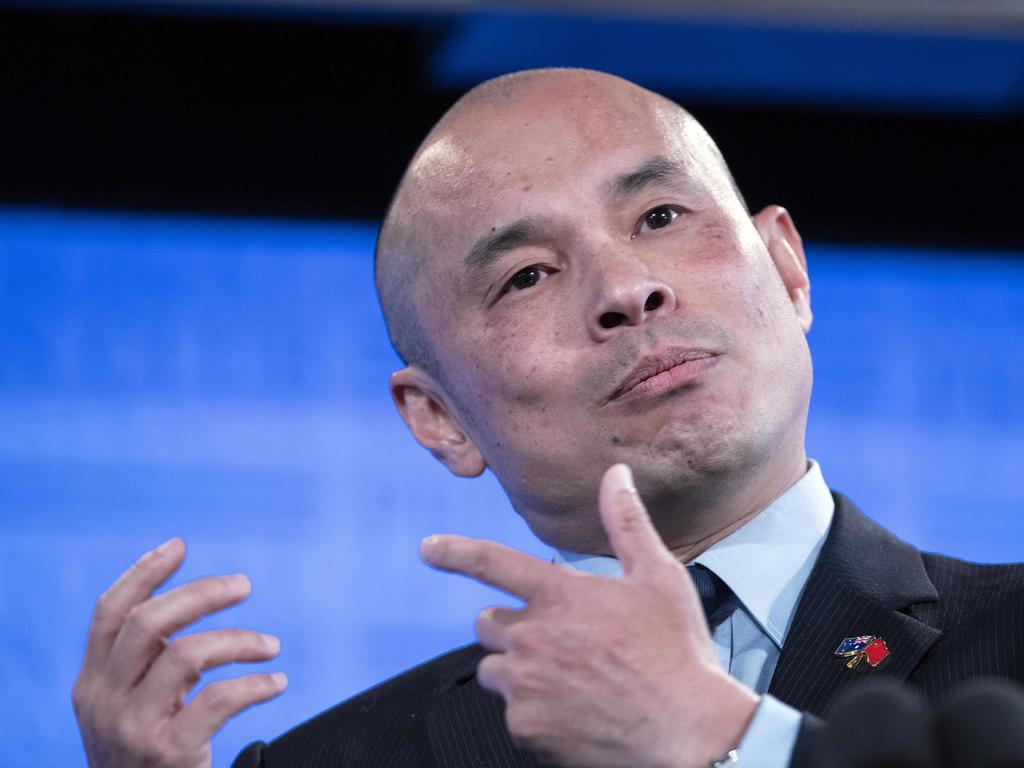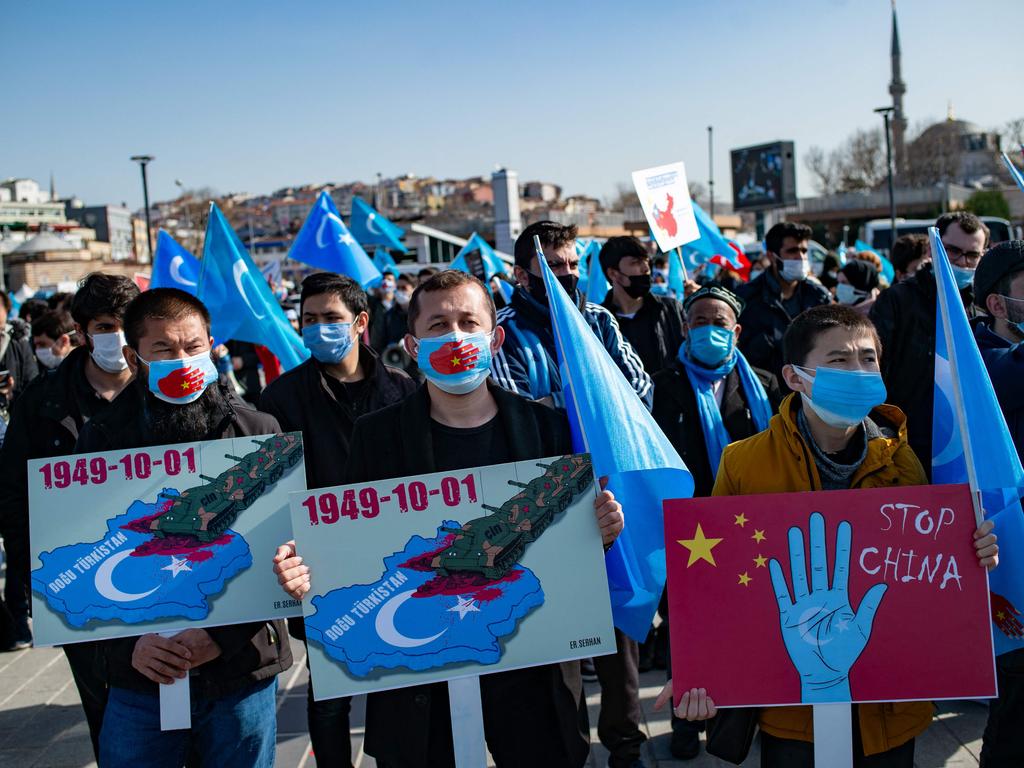China rebukes British ambassador for explaining the role of free press on social media
Britain’s ambassador to China’s article, ‘Do foreign media hate China?’, was posted on WeChat. Beijing banned sharing it.

Beijing rebuked Britain’s ambassador to China for posting a defence of the role of the free press on Chinese social media on Wednesday.
Caroline Wilson, who speaks Mandarin and Cantonese in addition to French, Russian and German, posted her article, entitled “Do foreign media hate China?” on WeChat, China’s non-encrypted version of WhatsApp, which banned users from sharing the post.
The post was a rare outreach by an ambassador to the Chinese public, offering an explanation of foreign coverage of China, which the government in Beijing has repeatedly criticised, on subjects including the origins of the coronavirus pandemic and the persecution of Uighur Muslims in the western province of Xinjiang.
WeChat banned users from sharing the ambassador’s Chinese-language post but stopped short of deleting it. The foreign ministry criticised her claims that British media reported events from China honestly, accusing publishers of “fake news”.
Media row escalates
The incident is the latest twist in a media row between London and Beijing after Ofcom revoked the licence of the Chinese state broadcaster CGTN. An Ofcom investigation found the channel was under the editorial control of the Chinese Communist Party, in breach of broadcasting laws.
Beijing responded by banning BBC World News, claiming that it violated broadcast guidelines prohibiting harm to China’s national interests.
Dominic Raab, the foreign secretary, said the ban on the BBC was an “unacceptable curtailing of media freedom” by the Chinese state.
Beijing has become increasingly hostile towards international media in recent years as external scrutiny of its human rights record has grown. It has criticised foreign correspondents for failing to understand the country’s complexity or publishing false or unfair information.

In her article, Wilson sought to explain that foreign media acted independently of their governments and indeed acted as a check and balance on governmental activities. “I believe they act with good intentions and play a positive role as the watchdog of government activities, to ensure people can get accurate information and to protect those who are voiceless,” she wrote.
Wang Wenbin, the foreign ministry spokesman, dismissed her explanation, saying much of the coverage of China in Britain was misleading or unfair. “The acts are clear that some British media don’t keep a fair and objective stance, and even make fake news based on ideological bias in their China-related coverage,” he said. “What we oppose is the ideological bias, the behaviour of using ‘freedom of the press’ as an excuse to produce fake news or other activities that violate the professional ethics of journalism.”
Hu Xijin, editor-in-chief of the Communist Party-run Global Times, dismissed Wilson’s portrayal of the press as a watchdog as “simplistic”, saying foreign coverage “mirrors the so-called freedom of the press in the West with political limitations which western journalists in China cannot escape”. Wilson took up her post in Beijing in September last year amid growing tensions in the bilateral relationship over the government’s decision to ban the Chinese telecommunications giant, Huawei, from Britain’s 5G network.
China’s then ambassador to London, Liu Xiaoming, warned of consequences for British companies doing business in China. He is to be replaced by Zheng Zeguang, who is the vice-minister for foreign affairs.
A Foreign Office spokeswoman said: “The UK is committed to media freedom, and to championing democracy and human rights around the world.”
The Times






To join the conversation, please log in. Don't have an account? Register
Join the conversation, you are commenting as Logout